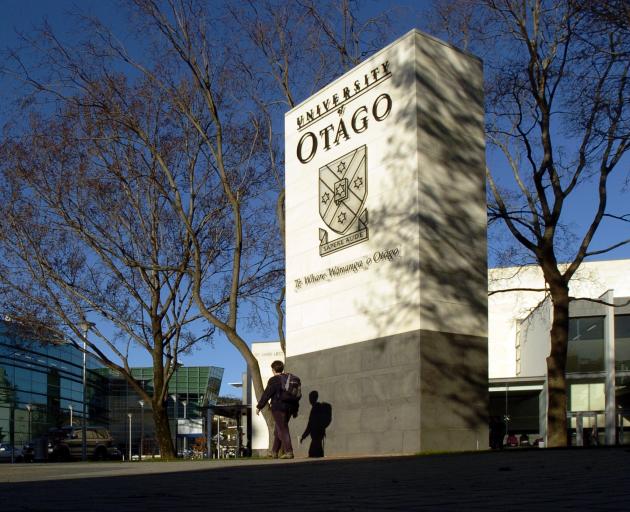
At yesterday’s University of Otago council meeting, dean of learning and teaching Prof Tim Cooper, senior lecturer of the higher education development centre Dr Russell Butson, and director of distance learning Dr Sarah Stein gave a presentation on the future of learning.
Prof Cooper said the arrival of ChatGPT in November last year "caught all universities on the hop".
ChatGPT, which stands for Chat Generative Pre-trained Transformer, is a large language model-based chatbot that enables users to refine and steer a conversation towards a desired length, format, style, level of detail and language.
"It was difficult for universities to respond to its arrival because they didn’t have a structure in place for it," Prof Cooper said.
He said disruption was coming, but he was optimistic universities could adapt to the challenge.
"Relationships are the beating heart of education.
"We need to ensure teaching at university remains relationship rich."
Prof Cooper said researchers into higher education had outlined four separate scenarios for the future of the present model: growth, constraint, collapse and transformation.
"The scenarios are quite opaque, because, to a degree, all of them are in play.
"Technology will change, and viruses will continue to evolve."
Technology should not distract teachers from ensuring their students have "agile minds’, Prof Cooper said.
"There’s technology, and there are humans.
"We have so many professional staff who are committed to building the conversation about what learning could look like."
Prof Cooper said a lot of the commentary about AI and ChatGPT was not too different from debates held in the 1950s about computers and "learning machines".
"The technology is now 1000 times more sophisticated, but the rhetoric is the same: that it would make the teacher redundant," he said.
"As a historian, I’m inclined to take such statements with a grain of salt."
Dr Stein said the arrival of ChatGPT also had implications for distance learning.
There needed to be "solid foundations" and investment into people and skills in order to adapt to the change, she said.
"The way a teacher guides a student through distance learning is so important," Dr Stein said.
Dr Butson said the arrival of chatbots which could cater to specific subjects were a game-changer in education, and the speed at which AI had become mainstream had caught everyone out.
"The next five years [in education] will be all about AI, as we will be flooded by developments, and the year 2024 will be about GPTs — that’s what is in front of us.
"It’s likely we will see a shift to active learning over content consumption."
Dr Butson said there would be a decline in "content-focused" online courses, as educationalists learned to leverage AI.
Prof Cooper said the teaching establishment needed to be "agile and responsible".
"At the very least, we need to produce graduates that will flourish in this changing world.
"How they respond to the new environment effectively and ethically will be so important."












